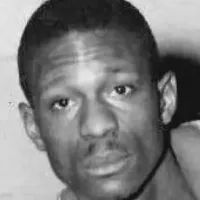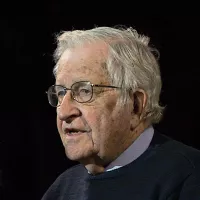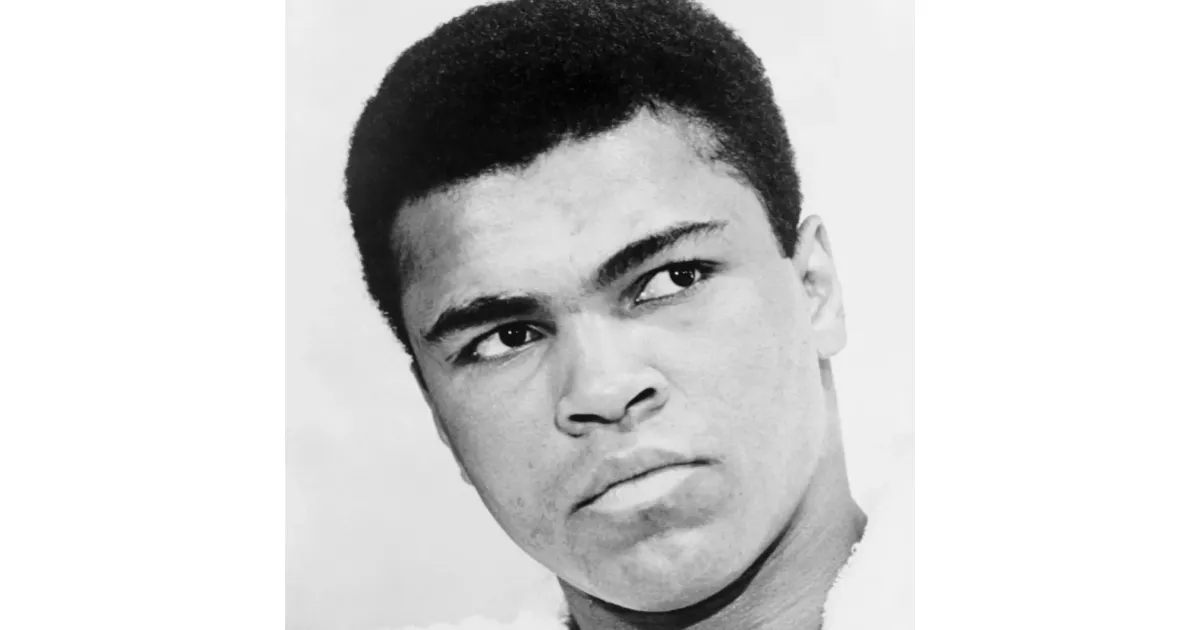A closer look at the most debated and controversial moments involving Muhammad Ali.
Muhammad Ali, nicknamed "The Greatest," was an iconic American professional boxer and social activist, widely considered the greatest heavyweight boxer ever. He held multiple titles, including the Ring magazine heavyweight title (1964-1970), undisputed champion (1974-1978), and WBA and Ring heavyweight champion (1978-1979). His impact extended beyond boxing, making him a global cultural icon. He was named Sportsman of the Century by Sports Illustrated and Sports Personality of the Century by the BBC in 1999.
May 1965: Controversial Rematch with Liston
In May 1965, Muhammad Ali, formerly Cassius Clay, faced Sonny Liston in a controversial rematch in Lewiston, Maine. Liston was knocked down by a "phantom punch" and the fight was stopped after Liston had been down for about 20 seconds, with Ali declared the winner by knockout.
November 22, 1965: Title Defense Against Floyd Patterson
On November 22, 1965, Muhammad Ali defended his title against former heavyweight champion Floyd Patterson. Ali mocked Patterson, calling him "The Rabbit," and won by a technical knockout after 12 rounds.
January 10, 1966: Ali Divorces Sonji Roi
On January 10, 1966, Muhammad Ali and Sonji Roi divorced due to disagreements over her refusal to join the Nation of Islam.
March 1966: Ali Refuses Armed Forces Induction
In March 1966, Muhammad Ali refused to be inducted into the armed forces.
March 29, 1966: Fight Sanction Refused
Muhammad Ali and Ernie Terrell had agreed to a fight on March 29, 1966, in Chicago. However, after Ali was reclassified by the draft board and indicated he would refuse to serve in the Vietnam War, the Illinois Athletic Commission refused to sanction the fight.
February 6, 1967: Ali vs. Terrell Fight
On February 6, 1967, Muhammad Ali fought Ernie Terrell in Houston. Terrell, considered Ali's toughest opponent since Liston, was unbeaten in five years. Ali won a unanimous 15-round decision in a fight marked by Ali's taunting of Terrell.
March 1967: Ali Denied Boxing License and Stripped of Passport
In March 1967, Muhammad Ali was systematically denied a boxing license in every state and stripped of his passport.
April 28, 1967: Ali Refuses Induction into U.S. Armed Forces
On April 28, 1967, in Houston, Muhammad Ali refused three times to step forward for his scheduled induction into the U.S. Armed Forces and was arrested, leading to the suspension of his boxing license and stripping of his title.
June 20, 1967: Ali Found Guilty of Draft Evasion
On June 20, 1967, Muhammad Ali was found guilty by a jury of violating Selective Service laws by refusing to be drafted.
June 28, 1971: Supreme Court Overturns Ali's Conviction
On June 28, 1971, the Supreme Court of the United States overturned Muhammad Ali's conviction in Clay v. United States due to the appeal board's lack of stated reasons for denying him conscientious objector status.
1971: Ali's Case Reviewed by U.S. Supreme Court
In 1971, The U.S. Supreme Court reviewed Muhammad Ali's case after the Court of Appeals upheld the conviction.
1971: Fight of the Century and FBI Burglary
In 1971, the anticipation for Ali's "Fight of the Century" with Frazier was used by the Citizens' Commission to Investigate the FBI to pull off a burglary at an FBI office, exposing the COINTELPRO operations that included illegal spying on activists involved with the civil rights and anti-war movements, including Ali.
1973: Extramarital Relationship with Wanda Bolton
In 1973, while married to Belinda Boyd, Muhammad Ali began an extramarital relationship with 16-year-old Wanda Bolton (later Aaisha Fletcher).
1974: Visited Palestinian Refugee Camp
In 1974, Ali visited a Palestinian refugee camp in Southern Lebanon and declared support for the Palestinian struggle.
1975: Recollection of Olympic Medal Incident
In his 1975 autobiography, Muhammad Ali recalled throwing his gold medal into the Ohio River after being refused service at a whites-only restaurant following his return from the Rome Olympics in 1960. However, this story was later disputed.
June 26, 1976: Ali vs. Inoki Exhibition Bout
On June 26, 1976, Ali participated in an exhibition bout in Tokyo against Antonio Inoki. Due to restricted rules, Ali only landed two jabs while Inoki's kicks caused blood clots and an infection, almost resulting in amputation of Ali's leg. The match was declared a draw and is now considered an influential mixed-style fight.
September 1976: Ali Wins Controversial Decision Against Norton, Announces Retirement
In September 1976, Ali fought Ken Norton for the third time at Yankee Stadium and won a controversial decision. Ringside commentators favored Norton. Following the fight, Ali announced his retirement from boxing to practice his faith, having converted to Sunni Islam.
1976: African Boycott of the 1976 Olympics
In 1976, African countries boycotted the Olympics in protest of Apartheid in South Africa.
1978: Ali's Views on Women Boxing
In 1978, Muhammad Ali expressed his opposition to women's boxing, stating, "Women are not made to be hit in the breast, and face like that."
1980: Diplomatic Mission to Africa
In early 1980, Ali was recruited by President Jimmy Carter for a diplomatic mission to Africa to persuade African governments to join the US-led boycott of the Moscow Olympics.
1981: $3 Million Lawsuit
In 1981, Temica Williams (also known as Rebecca Holloway) launched a $3 million lawsuit against Ali for sexual assault, claiming that she had started a sexual relationship with him when she was 12, and that her son Osmon (born 1977) was fathered by Ali when she was 17. She further alleged that Ali had originally supported her and her son financially, but stopped doing so after four years.
1984: Endorsed Ronald Reagan
In 1984, Ali announced his support for the re-election of United States President Ronald Reagan, citing Reagan's support for keeping "God in schools".
January 1985: Aaisha Fletcher Sues Ali
In January 1985, Aaisha Fletcher sued Muhammad Ali for unpaid palimony, resulting in Ali setting up a $200,000 trust fund for their daughter, Khaliah.
1985: Visited Israel to Request Prisoner Release
In 1985, Ali visited Israel to request the release of Muslim prisoners at Atlit detainee camp, a request that was declined.
1986: Ali and Porché Divorce
By 1986, Muhammad Ali and Veronica Porché divorced due to Ali's continuous infidelity.
1986: Lawsuit Thrown Out
In 1986, the $3 million lawsuit filed against Ali by Temica Williams in 1981 was thrown out due to the statute of limitations.
1988: Paternity Test Claim
In 1988, Kiiursti Mensah-Ali claims a paternity test showed Muhammad Ali to be her father with Barbara Mensah, with whom he allegedly had a 20-year relationship. Kiiursti claimed Ali accepted responsibility and took care of her, but contact ceased after his marriage to Lonnie.
1990: Traveled to Iraq and negotiated hostage release
In 1990, prior to the Gulf War, Ali traveled to Iraq and met with president Saddam Hussein in an attempt to negotiate the release of American hostages. Ali secured the release of the hostages, in exchange for promising Hussein that he would bring America "an honest account" of Iraq. Despite arranging the hostages' release, he received criticism.
2010: Osmon Williams Claim
In 2010, Osmon Williams claimed to be Ali's biological son.
Mentioned in this timeline

Basketball is a team sport played on a rectangular court...

Michael Jordan often known as MJ is a businessman and...

Bill Clinton the nd U S President - served as...
World Wrestling Entertainment WWE is a prominent American professional wrestling...

Stevie Wonder born Stevland Hardaway Morris is a highly influential...

Bill Russell was a dominant American professional basketball player primarily...
Trending

6 months ago Celebrating Chris Hemsworth's Birthday: Iconic Roles from Thor to Extraction and Beyond

9 months ago The Weeknd's Late Night Interview Debut with Fallon, Bart Simpson's Fallon Ignorance.

3 months ago Ghislaine Maxwell Seeks Trump Commutation; Prison Perks Investigated; Giuffre Family Reacts

John Collins born is a Scottish former professional football player and current manager A midfielder by trade Collins notably played...

Noam Chomsky is a highly influential American linguist philosopher cognitive scientist and political activist He revolutionized linguistics with his theory...

Rob Schneider is an American actor and comedian best known for his time as a cast member on Saturday Night...
Popular

Kid Rock born Robert James Ritchie is an American musician...

Melania Trump a Slovenian-American former model has served as First...

XXXTentacion born Jahseh Dwayne Ricardo Onfroy was a controversial yet...

Thomas Douglas Homan is an American law enforcement officer who...

Instagram is a photo and video-sharing social networking service owned...
The Winter Olympic Games a major international multi-sport event held...
